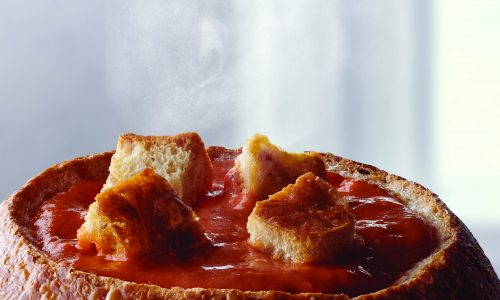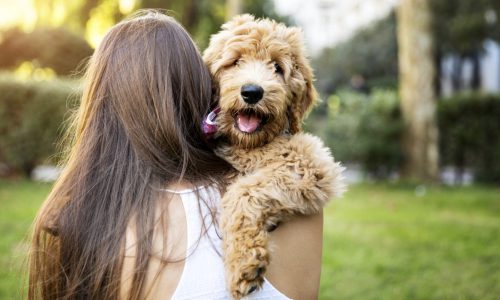Spring is in the air, and Easter is just around the corner, but before you embark on your egg hunts and indulge in sweet treats, remember to keep your furry companions safe from potentially toxic hazards lurking in the holiday festivities. As much as we love to celebrate, some of our favorite Easter goodies can spell danger for our beloved pets. Here are 10 hazards to be mindful of this Easter season:
Chocolate
Ah, chocolate—the bane of dogs everywhere. While it’s a delectable delight for us, it contains theobromine, a substance that spells trouble for our canine pals. Symptoms of chocolate poisoning in dogs include vomiting, diarrhea, hyperactivity, tremors, seizures, and even heart problems. Remember, even a small amount can lead to big trouble!
Flowers & Bulbs
From blooming bulbs to vibrant flowers, certain plants can pose a threat to our furry friends. Lilies, daffodils, tulips, and hyacinths may add a pop of color to your Easter décor, but they can cause drooling, nausea, vomiting, diarrhea, and even heart issues if ingested by pets. Keep your floral arrangements pet-friendly or opt for safe alternatives. Watch your pets in the garden as well. If they dig up any of these Spring bulbs they can pose a threat to your pets, especially when freshly planted or in full bloom. Keep curious canines away from bulbs like tulips, daffodils, and hyacinths to avoid gastrointestinal upset or worse.
Hot Cross Buns
Hot cross buns are a tempting Easter treat, but they’re a no-go for our four-legged pals. Raisins, sultanas, and currants commonly found in these buns can lead to kidney failure in dogs. So, keep these buns out of reach and save the raisin festivities for yourself!
Easter Grass
Those colorful Easter grasses may look festive, but they often contain plastic materials that can spell trouble if swallowed by curious pets. If ingested, this grass could potentially cause intestinal blockages or get tangled around your pet’s tongue. Unfortunately, incidents of intestinal blockage surge around Easter, and in some cases surgery needs to take place to remove obstructions caused by Easter grass. Opt for pet-safe alternatives like tissue paper to line your baskets and keep decorations out of paw’s reach.
Sugar-Free Sweets
To keep everyone safe, as a rule of thumb keep those human sweets to yourself, especially those labeled as sugar-free. Xylitol, a synthetic sweetener found in a lot of sugar-free treats, can be toxic to both cats and dogs. Stick to pet-safe treats to satisfy their sweet cravings instead of sharing your own Easter candy.
Easter Dinner
While sharing is caring, be cautious when sharing your Easter feast with furry companions. Rich and fatty foods can lead to gastrointestinal upset and even pancreatitis in pets. If you do want to give your pets a little treat, stick to pet-friendly vegetables and avoid seasoning to keep their tummies happy.
Macadamia Nuts
Yes, macadamia nuts may be a tasty snack for humans, but they can leave our furry friends feeling wobbly and sick. When consumed, your pet may experience vomiting, a lack of coordination, weakness, depression or hyperthermia. Keep those nut assortments out of reach to avoid a trip to the vet over the holiday weekend.
Blue Cheese
While cheese platters are a staple at Easter gatherings, certain types of cheese, like blue cheeses, can be dangerous for dogs. Some dogs may be allergic to compounds found in these cheeses, so keep an eye on your cheesy indulgences and keep your pets away from blue cheeses such as stilton, gorgonzola and Roquefort.
Simnel Cake
Like hot cross buns, Simnel cake should be kept away from dogs. Packed with dried fruit and spices, this traditional Easter cake can upset your pet’s stomach and leave them feeling unwell.
Grapes
Raisins, sultanas, currants, and grapes are all toxic to our furry friends. Even a small quantity can lead to severe kidney failure in dogs, so keep these fresh and dried fruits out of reach and opt for safer snacks over the Easter weekend.
As you gear up for Easter celebrations, remember to keep your furry companions safe from these hazards. If you suspect your pet has ingested something toxic, don’t hesitate to contact your veterinarian or the ASPCA’s poison control center at (888) 426-4435. Let’s ensure a happy and healthy Easter for all, furry friends included!




